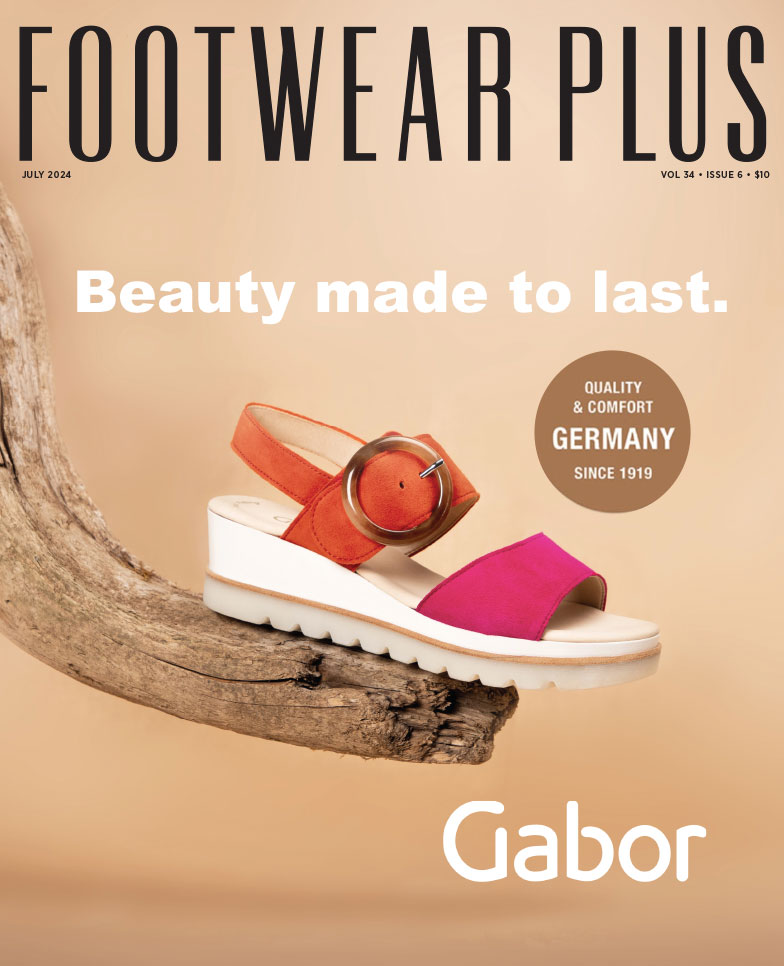The duo behind Sendra introduces a new fair-trade brand using traditional Guatemalan fabric.
HUSBAND AND WIFE team Lorenzo Castellon and Jamie Laweda, the president and design director behind boot brand Sendra, were vacationing in Guatemala when a friend guided them down a dusty, isolated road to a village where families had been hand-looming colorful textiles for generations. The timing seemed propitious: The couple had been looking to branch into creating more causal moccasins, flats and boat shoes, and what better way than with fabrics inspired by Guatemala’s indigenous designs?
So Castellon and Laweda reached out to friends who owned a nearby factory that had been creating shoes and sandals for the local market. The friends had previously owned a moccasin factory in Spain during the ’80s, but moved to Guatemala City when most of the industry shifted to China. Out of the partnership, the pair is launching 2568, a new line of men’s and women’s casual footwear inspired by Guatemala’s rich history of textile creation, dating back to the 1500s when the locals were given looms by the Spanish.
“We’re using their native arts and typical production as inspiration,” Laweda explains. After scouring Guatemalan markets for pattern ideas, the pair commissions nearby weaving studios to create the footwear’s distinctive, multi-colored fabric, made from 100 percent hand-dyed and spun local cotton. The shoes’ leathers, Laweda says, are sourced from within the country or from the United States, thanks to trade- friendly agreements that make importing the material very affordable. In addition, Laweda notes that Guatemala produces “really amazing rubber product.”
It all adds up, she says, to high-quality footwear at an affordable retail price point ($50 to $200) for the collection’s array of ballerina flats, moccasins, boat shoes, wedges and boots. Each shoe box, Laweda adds, will contain a friendship bracelet made from the brightly-woven fabric—bracelets that were a big hit at the recent FFANY show. “People were taking two or three to give to their kids,” she says with a laugh. As for the footwear, Laweda says, “I don’t know what we expected, but we got a great reception at FFANY. Ninety-nine percent of the customers who viewed the line wrote orders—and not just on one shoe, but on a combination of styles and colors.” —A.G.



